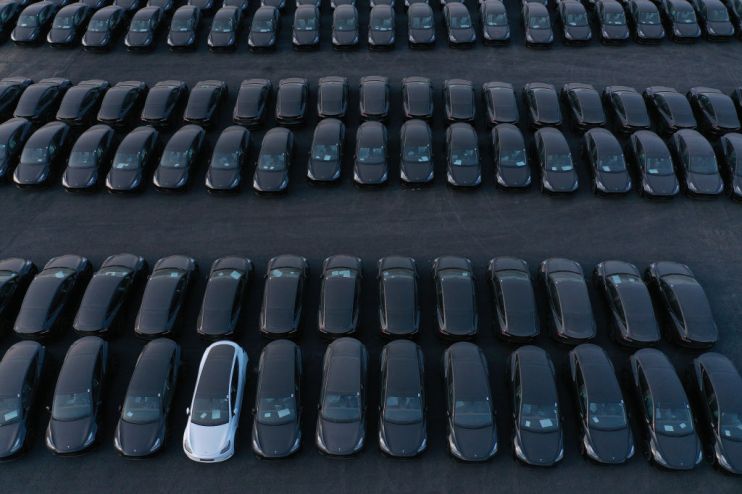Tesla tax? We need a road pricing scheme for a modern congestion-free future

Given the plethora of misery that accompanied yesterday’s Autumn Statement, it might have been possible to overlook a significant measures namely that electric vehicles will no longer be exempt from Vehicle Excise Duty from April 2025. This is a glimmer of good news.
It reveals something deeply encouraging as half of new vehicles will be electric by 2025. This means that drivers are switching from the more polluting energy sources such as petrol and diesel and towards much cleaner forms of energy, and they are doing so without massive incentives from government. The pollution caused by petrol and diesel vehicles is what economists call a negative externality. It damages our health – especially of children and vulnerable people – while it also contributes to climate change which endangers all our lives and the fate of our planet.
Fuel duty is expected to raise a whopping £26.2bn in the 2022/23 financial year. However, as people switch to electric vehicles this would leave a significant hole in the public finances. This takes a step to prevent this from happening, while ensuring our public services will be funded in the future, as our economy adapts.
Exempting electric vehicles from excise duty also ignores the fact that pollution is not the only negative externality associated with driving. For example, all vehicles cause wear and tear and damage to the roads. Money for the repairs has to come from somewhere and while excise duty receipts now just go into the Treasury’s coffers as opposed to a dedicated fund, this cost should be borne by all motorists.
The other impact of driving is congestion. High car usage is incredibly damaging to the economy. It sounds almost impossibly simple, but traffic increases our stress levels, which damages our health. Clogged roads also prevent our enjoyment of our community. All of which impacts productivity. We’re not talking small amounts here either, research from the Centre for Economics and Business Research found that from 2014 to 2030 the overall cost of congestion to the UK economy will be a staggering £300bn.
It also paves the way for a more ambitious scheme: road pricing. This would help simplify the tax system by levying a single charge on motorists. Given that our tax system is incredibly complex, this is surely a good thing. Doing so would also, over time, reduce congestion. Letting the price mechanism work would see fewer people travelling at the busiest time of the day or car pooling or using public transport.
The second half of this equation is investment in reliable public transport. From buses and trains to trams, we need more of all of them. We also need to liberalise the planning system to allow far more homes to be built near tube and railway stations.
We need far fewer cars on our roads and the reforms set out in yesterday’s Autumn Statement pave the way for this.
Ultimately we need to move towards a system of road pricing, investment in good quality public transport, and a planning system which allows us to build more homes. Doing so will help the planet, reduce the burden on the public finances, reduce congestion, increase productivity, and boost economic growth.
